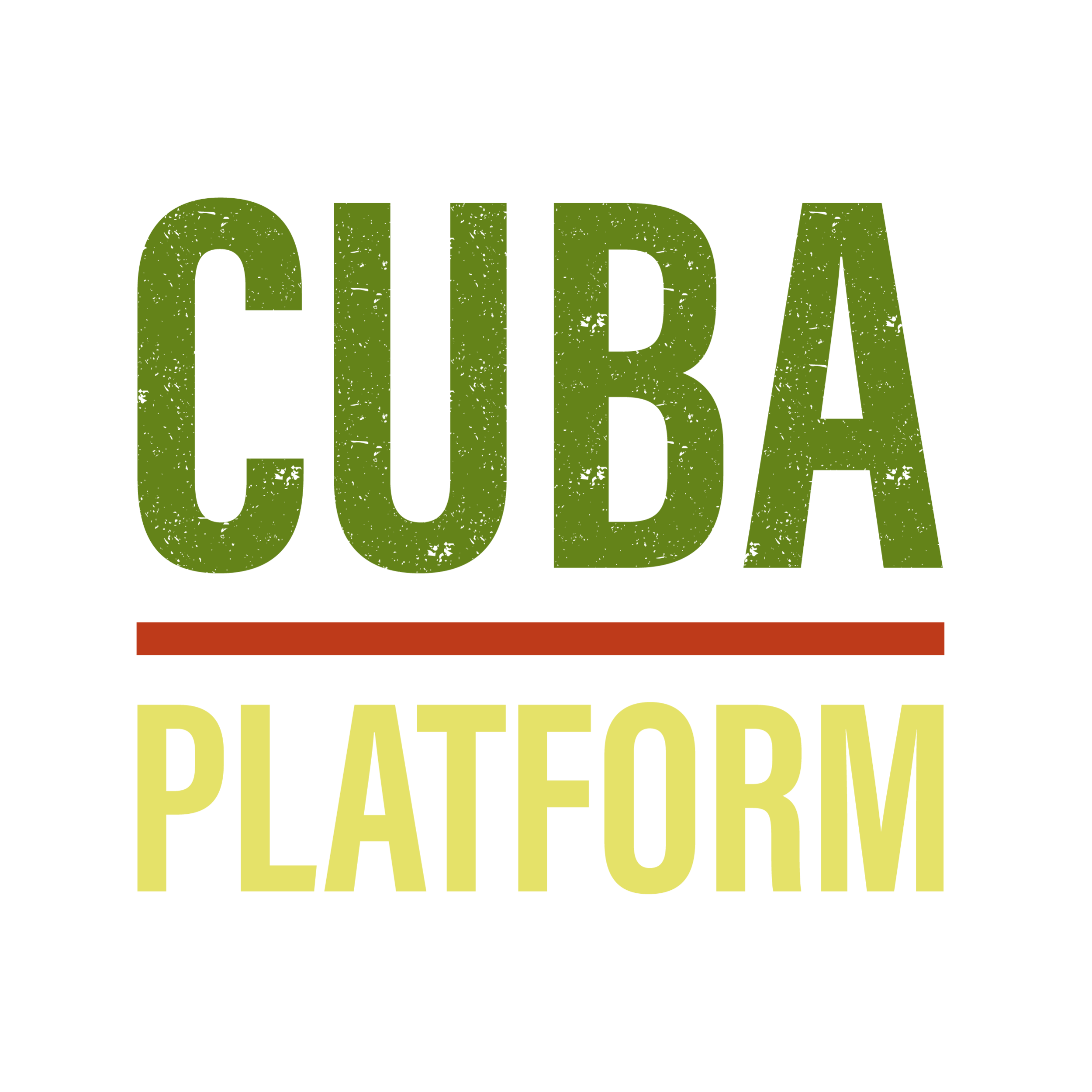Cuba's Primary Healthcare System in the Era of COVID-19
To view the video recording of the webinar, click here
On May 6, the Cuba Platform hosted a virtual screening of our short film, Martica, a Family Doctor, followed by a discussion on Cuba’s response to COVID-19 with Rodney González of the Cuban Embassy in Washington, D.C.
The film follows a family doctor who lives and works in the Plaza de la Revolución neighborhood in Havana and offers a window into the human dimensions of a community-based medical system. Dr. Martica’s daily visits with elderly neighbors, new mothers, and infants reveal a closeness with patients rarely seen in most contemporary medical systems.
Mr. González joined us to contextualize the film within Cuban healthcare policy and the current pandemic. Martica’s story was important to him, not only in his diplomatic role at the Embassy of Cuba in Washington, but personally:
“Martica reminds me of my own family doctor. I have a three-year-old daughter and wife living here with me in Washington, but we still rely on our family doctor at home in Cuba for advice. That’s how much trust we place in [our doctors]… at some point, they become a family member.”
Healthcare in Cuban history
Mr. González explained that Cuba’s family doctor system originated during the Cuban Revolution, when Cubans declared healthcare to be human right. At the time, the majority of the population was living in remote areas with limited access to care: “The first task the Cuban government devoted itself to was to put in place a healthcare system that could reach out to the rural population.” To do this, the country had to train many more doctors and nurses, and establish a system that would place them directly within communities. They also designed a preventative approach that could lesson the burden on hospitals and clinics. In 1959, Cuba had 6,000 physicians. Today, there are more than 10 medical schools around the country, 150 hospitals, 450 polyclinics, 10,000 family doctors, 95,000 total doctors, 84,000 nurses, and 50,000 technicians and allied health professionals.
Today’s Context - Containing the spread of COVID-19
“This large platform of health professionals allows for a community-based approach to public health in which medical providers interact with patients, not just as patients, but as family and community members,” Mr. González explained.
The island’s approach to containing the novel coronavirus is rooted in this philosophy, and anchored in its infrastructure. According to Mr. González, Cuba’s Ministry of Health began designing a plan in January 2020 – months before the first cases of COVID-19 were detected in Cuba.
Monitoring, data collection, and contact tracing are cornerstones of this plan. The Ministry of Public Health issues daily reports on the number of new confirmed cases, and includes information on how cases were detected and contracted. Contact tracing allows health officials to monitor, test, and – if necessary - isolate individuals with possible exposure to COVID-19. Mr. González shared that close to 9 million Cuban people had been contacted by brigades of medical students who go door to door to survey and check-in on people. He pointed to the fact that 50% of people who have tested positive so far were asymptomatic as an indicator of the wide reach of testing (Update: Since this webinar, Cuba has announced the development of a new diagnostic test, which will further extend testing of asymptomatic individuals).
He also called attention to the island’s biotechnology industry, which has responded rapidly to the crisis and is currently working on 20 drugs that can be used to treat or prevent COVID-19.
Medical Internationalism - Global care for coronavirus patients
Cuba works with the World Health Organization (WHO), Pan American Health Organization (PAHO), and also the Non-aligned Movement to collaborate on research and best practices. The Cuban medical brigades working today in Latin America, Africa, Europe, and the Middle East to fight COVID-19 have their roots in the very first medical brigade that Cuba sent abroad to Chile in 1960. As Mr. González described, internationalism has been a Cuban principle since 1959.
“We believe that no country should be left to fight this terrible disease alone. These are times of solidarity to work together not only to find a vaccine, but also to share knowledge and expertise.”
In response to a question on how Cuba chooses to send doctors abroad during times of internal crisis, Mr. González explained that the first priority is always to ensure that Cubans are cared for, and then to extend help abroad. Cuban health professionals volunteer to join brigades and sign terms of service corresponding to their specific engagement.
Despite the country’s contributions to international public health, Cuba does face internal challenges, but they are primarily material; a problem that is exacerbated by the U.S. embargo. U.S. sanctions has recently prevented medical donations to Cuba and also made it difficult for the country to purchase equipment internationally (Senator Leahy and Representative McGovern called attention to this issue in a recent letter they led to the Secretary of State and Treasury Secretary).
COVID-19 and the economy
Finally, Mr. González addressed Cuba’s work to contain the long-reaching impacts of the coronavirus pandemic, “which can be measured not only in medical, but also economic terms. Remarkably, the government has put in place measures to assist workers by providing 100% of their salaries to them during the first month of quarantine, and 60% thereafter.
“The general approach is that no person should be left behind.”
